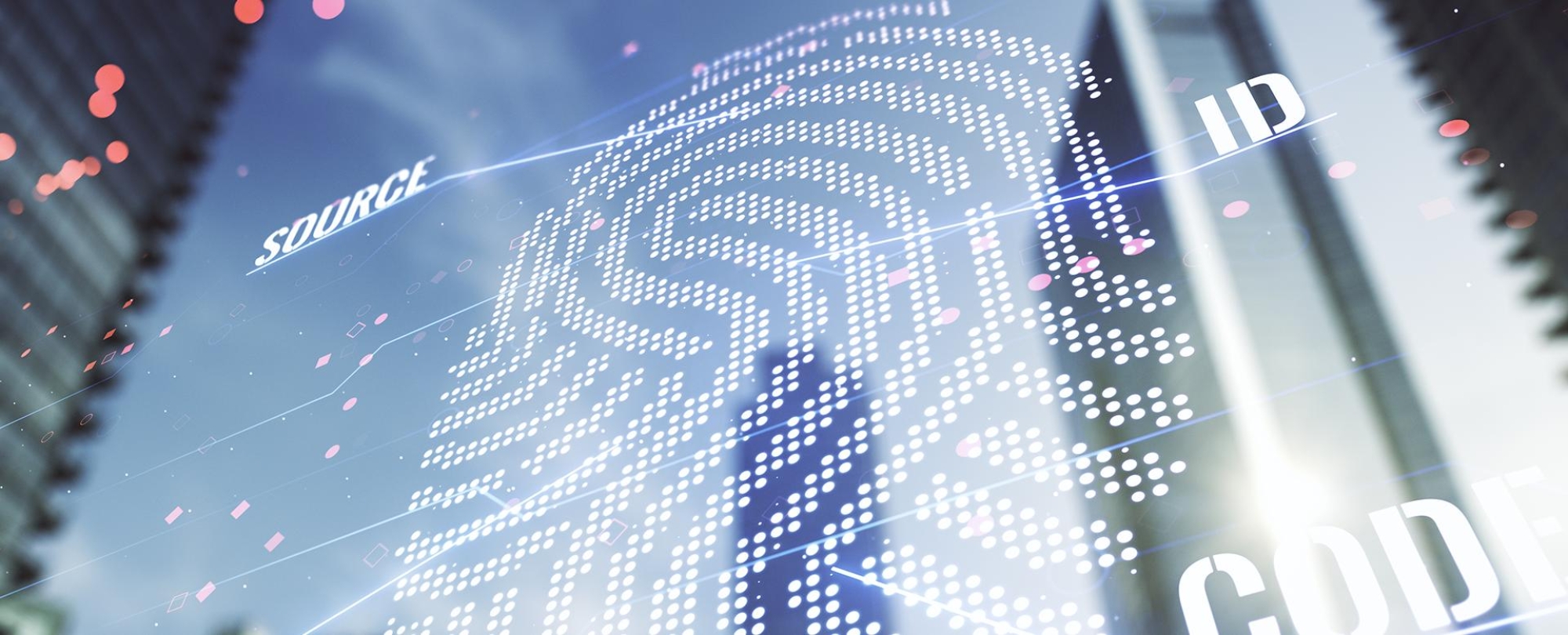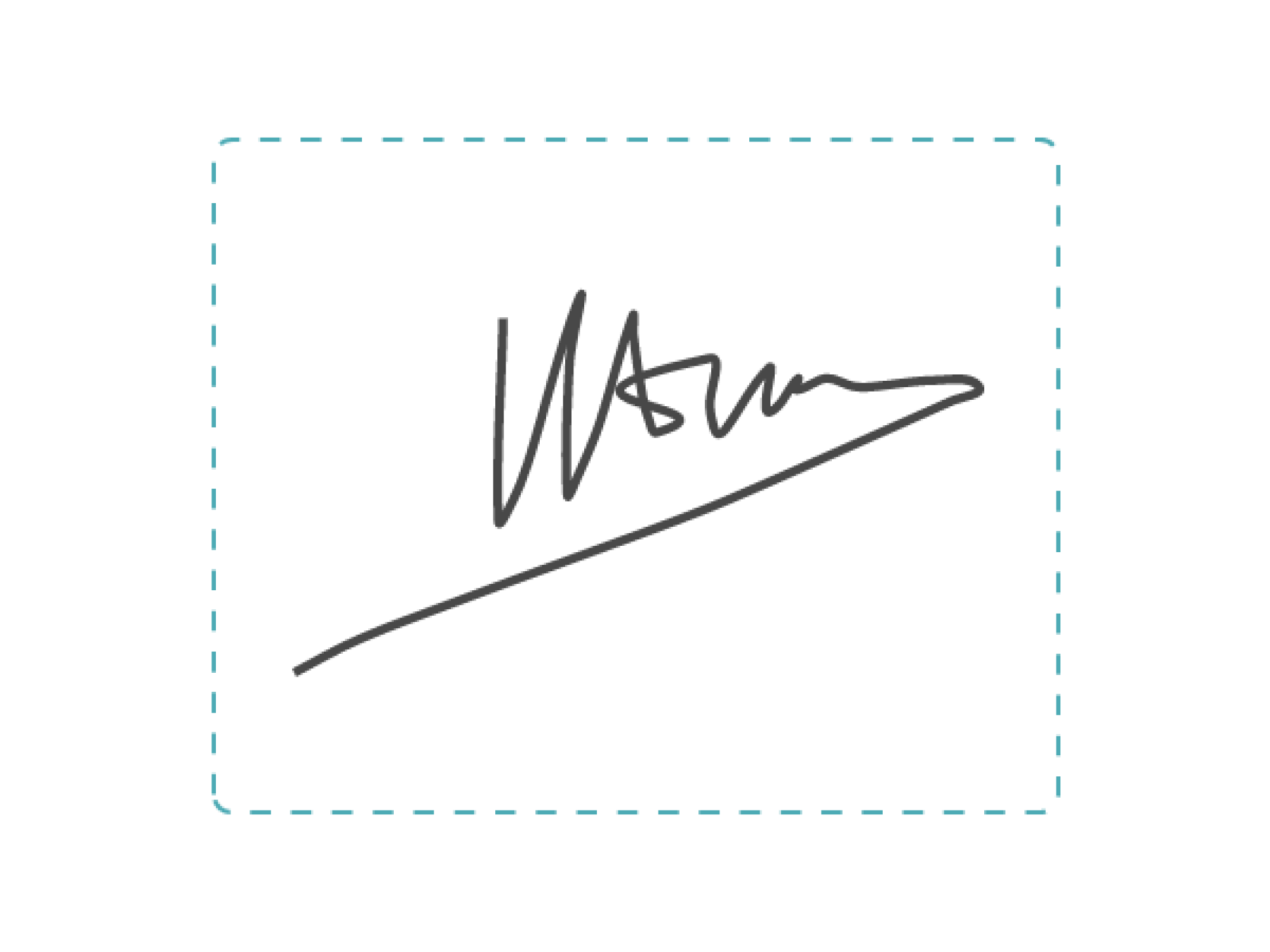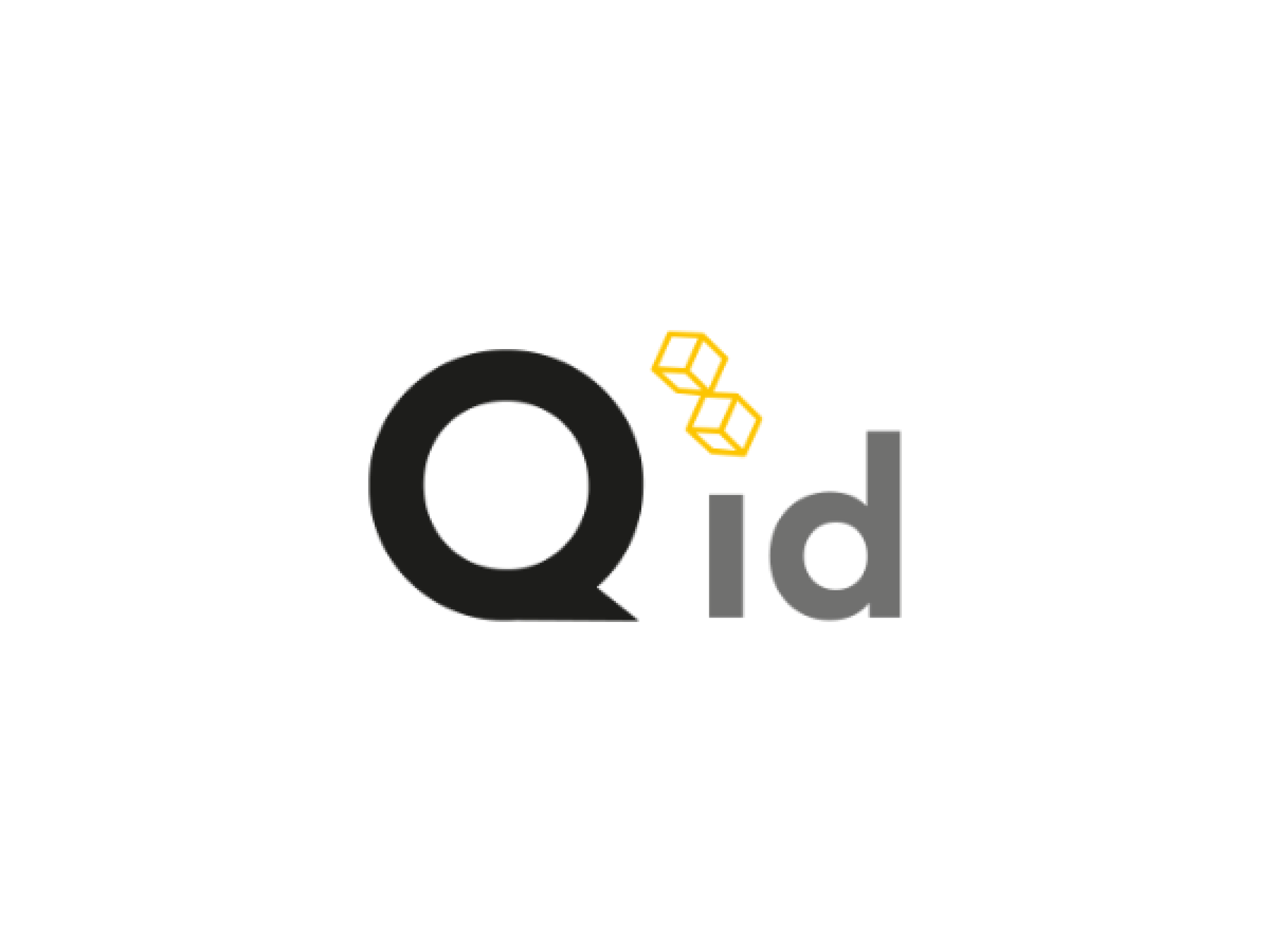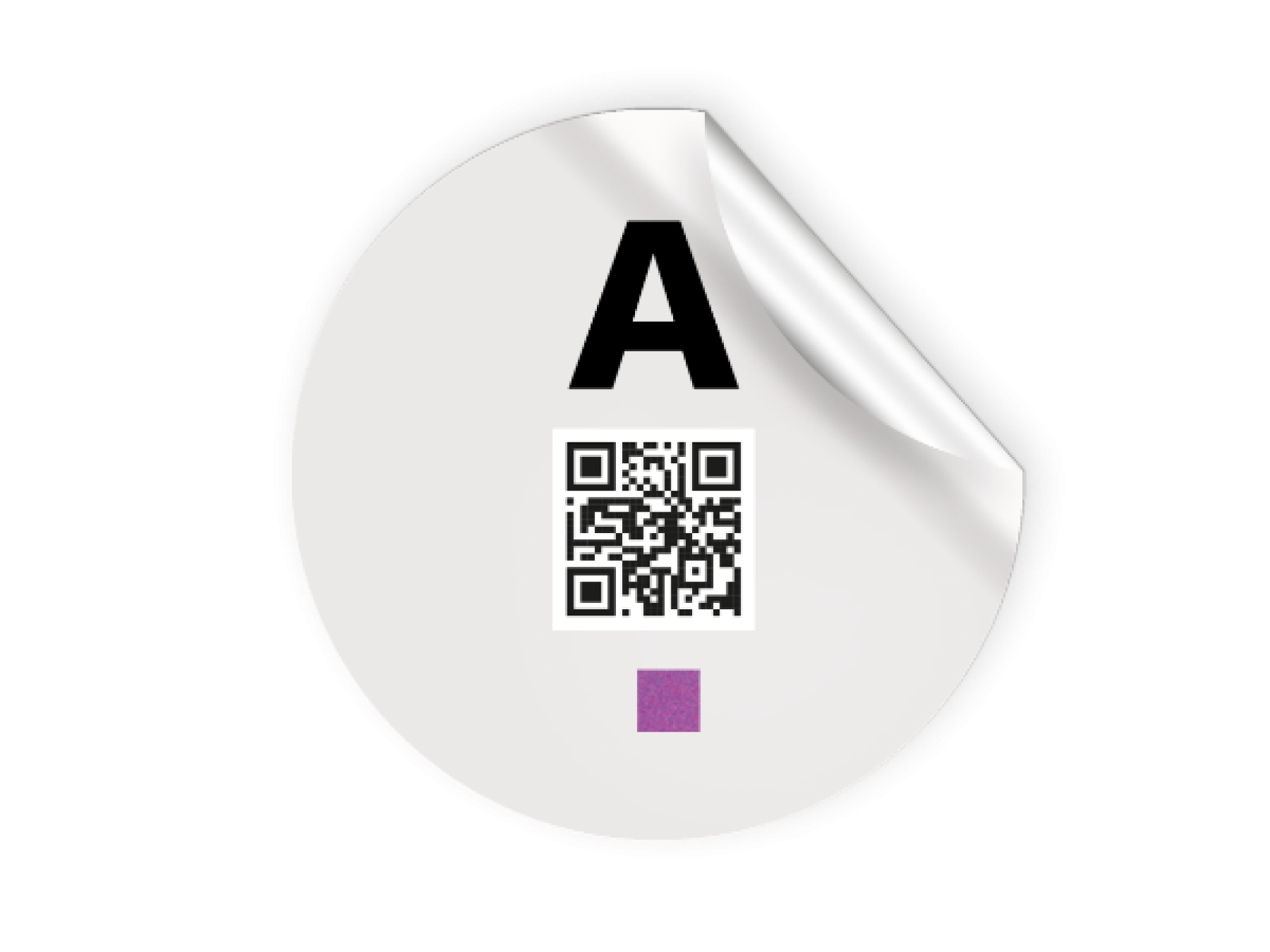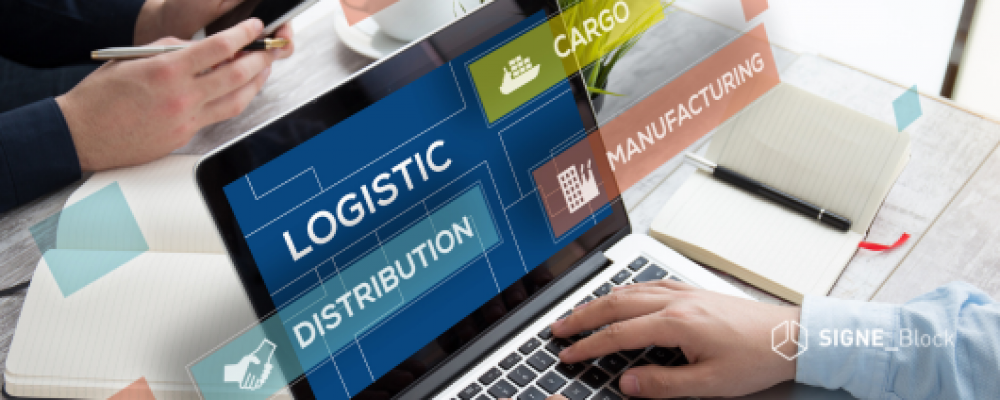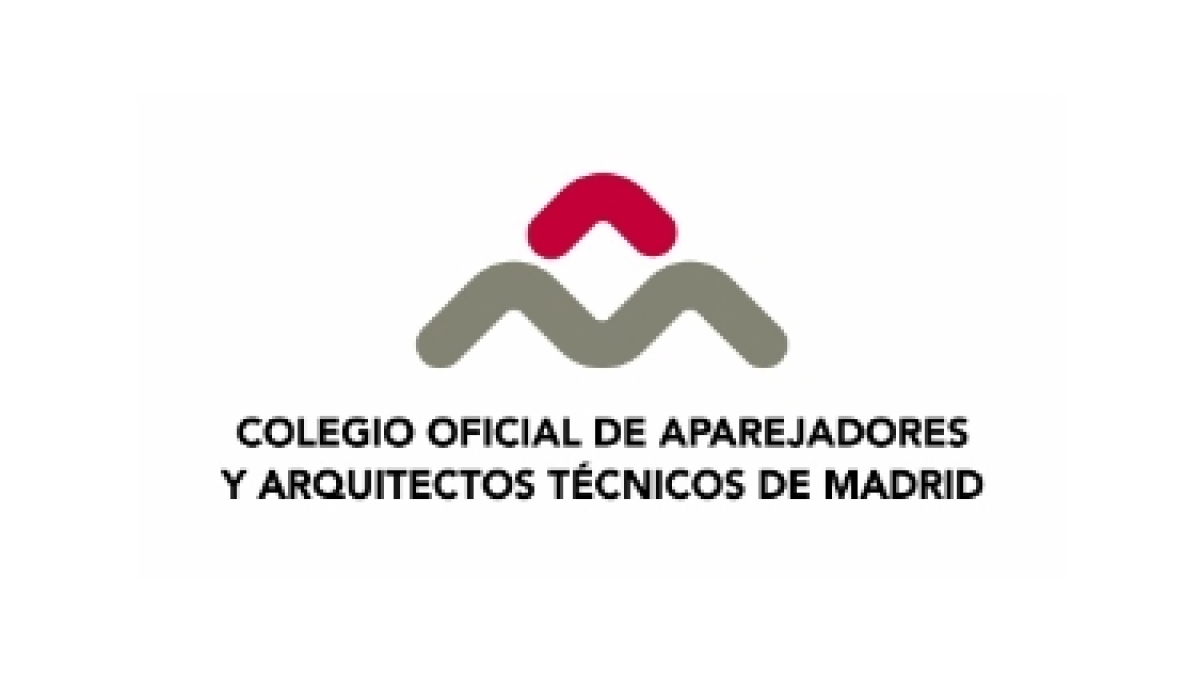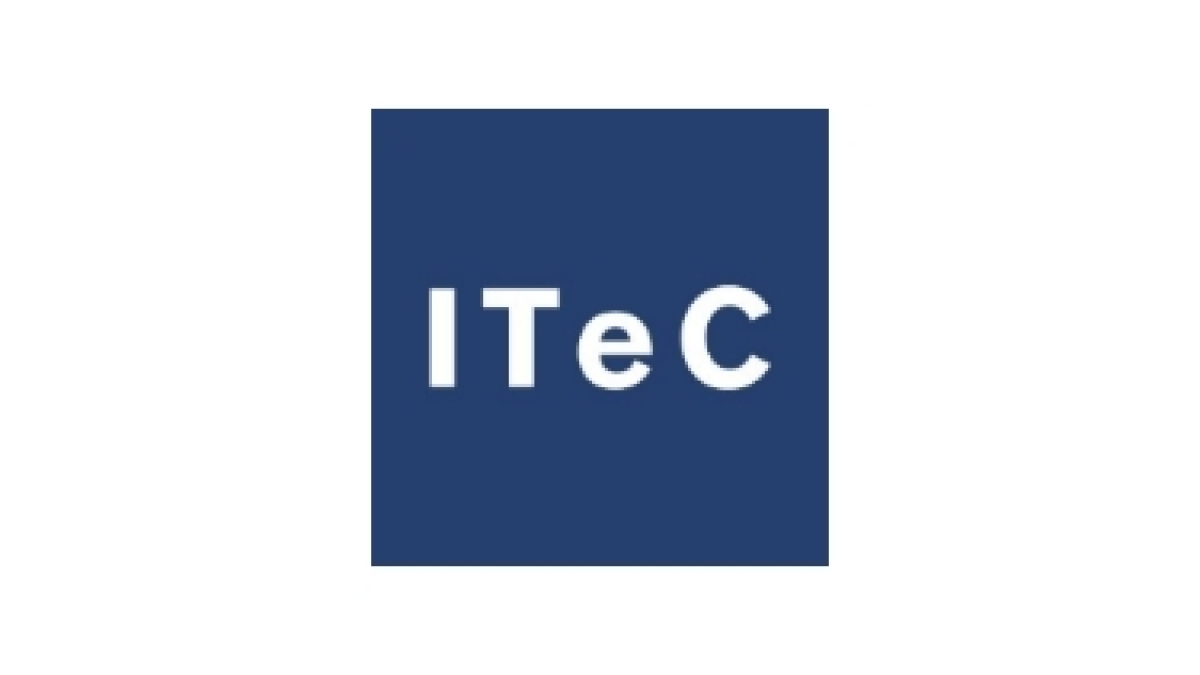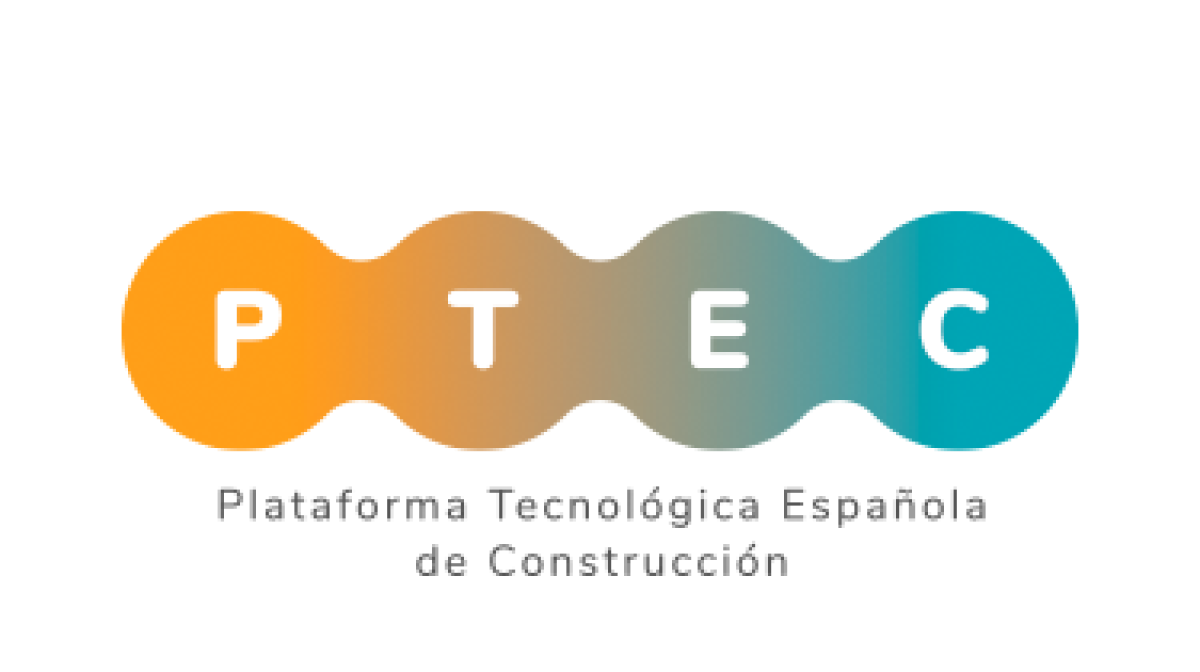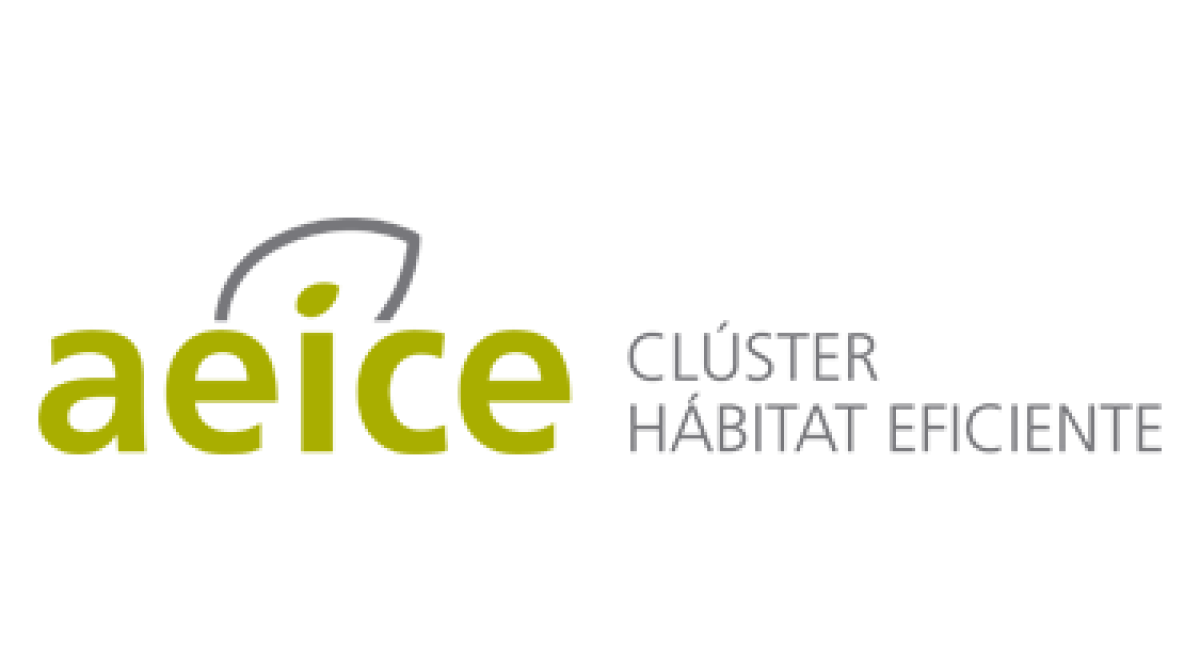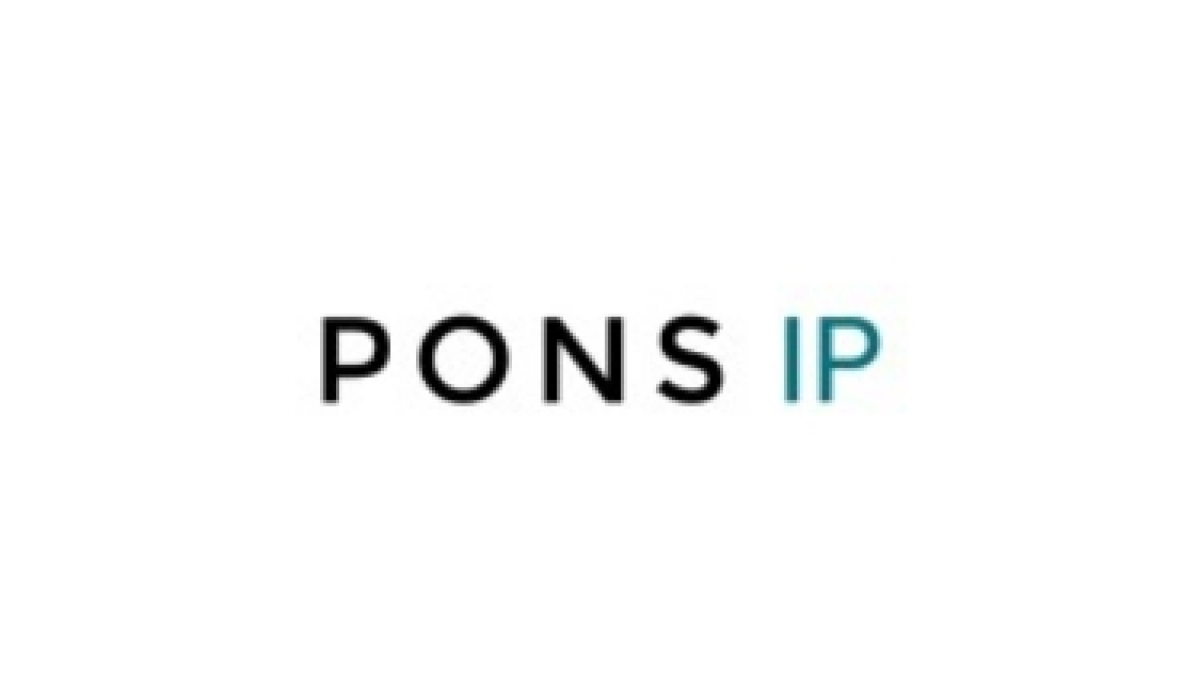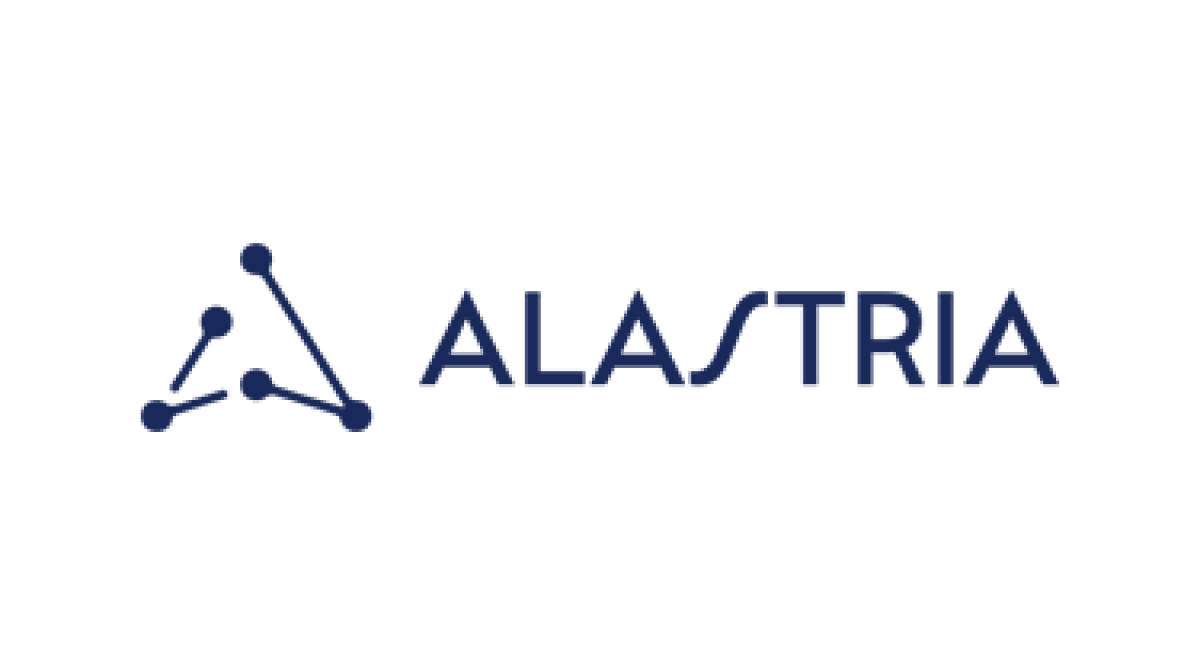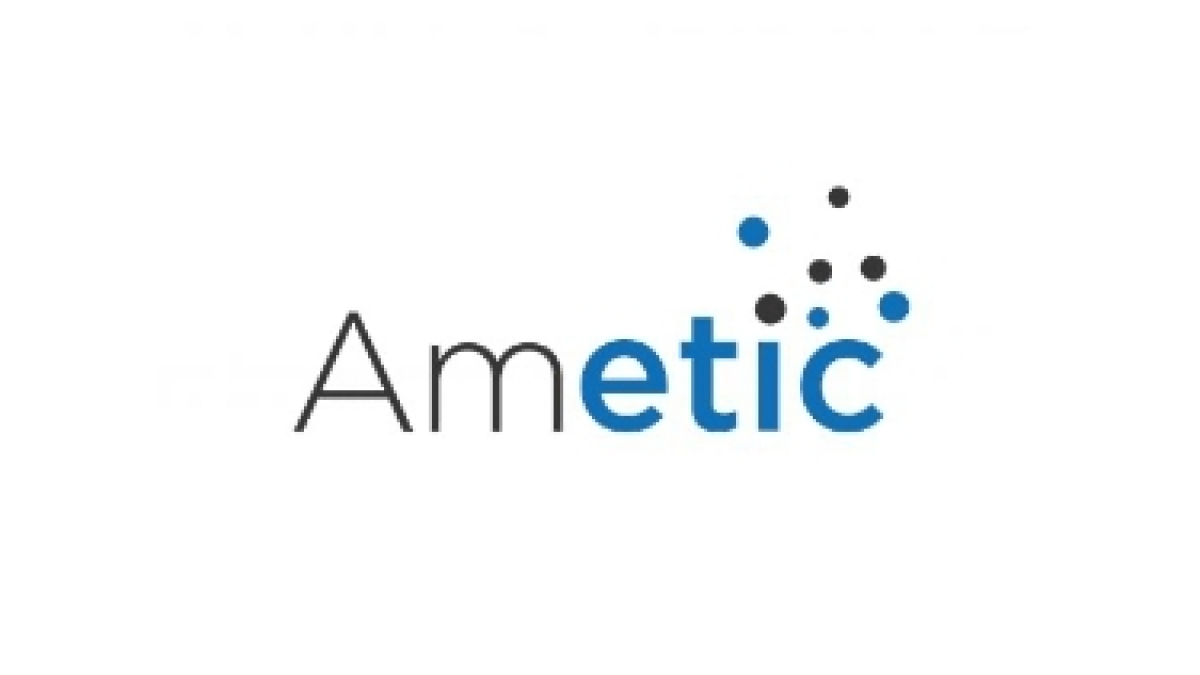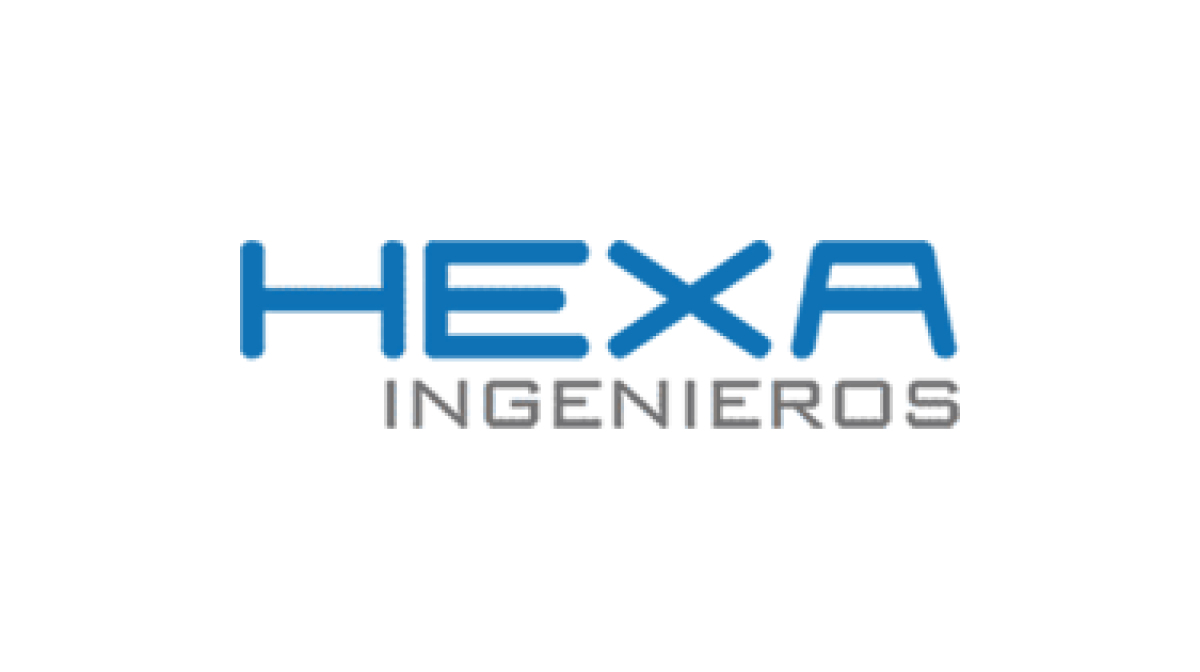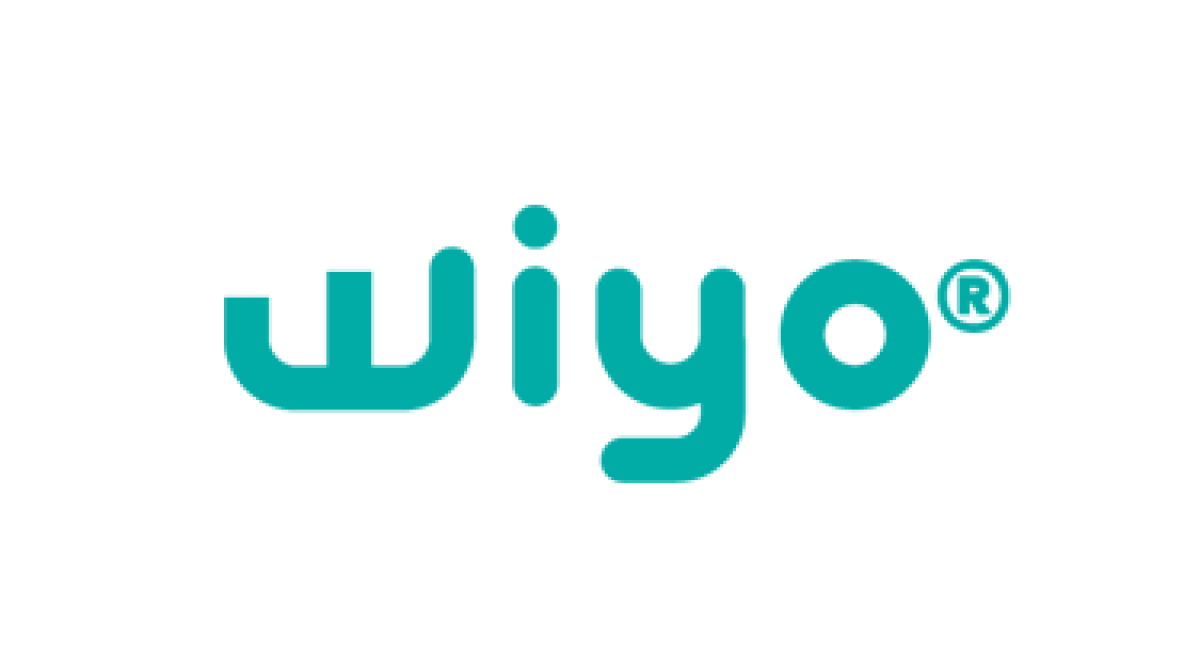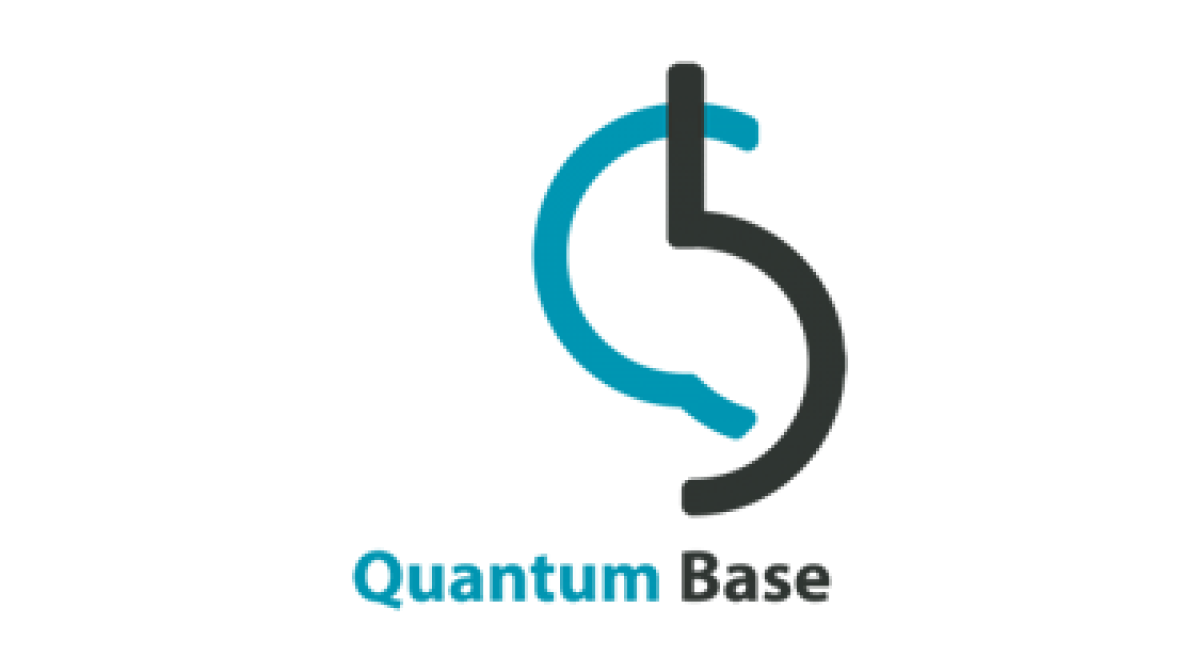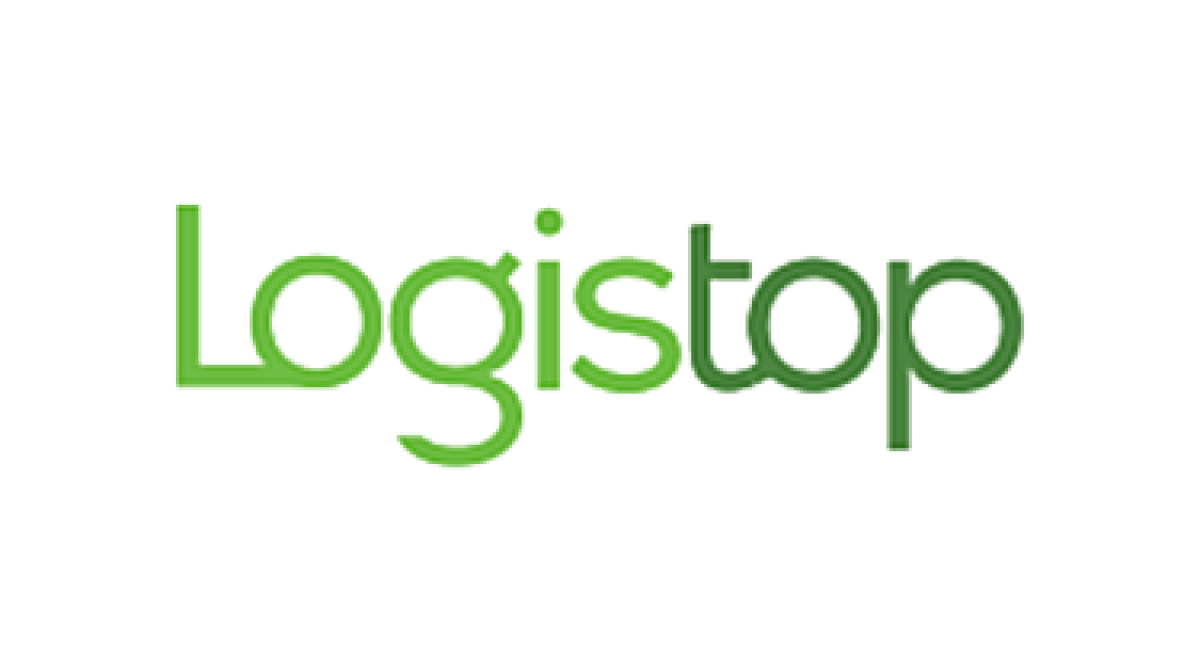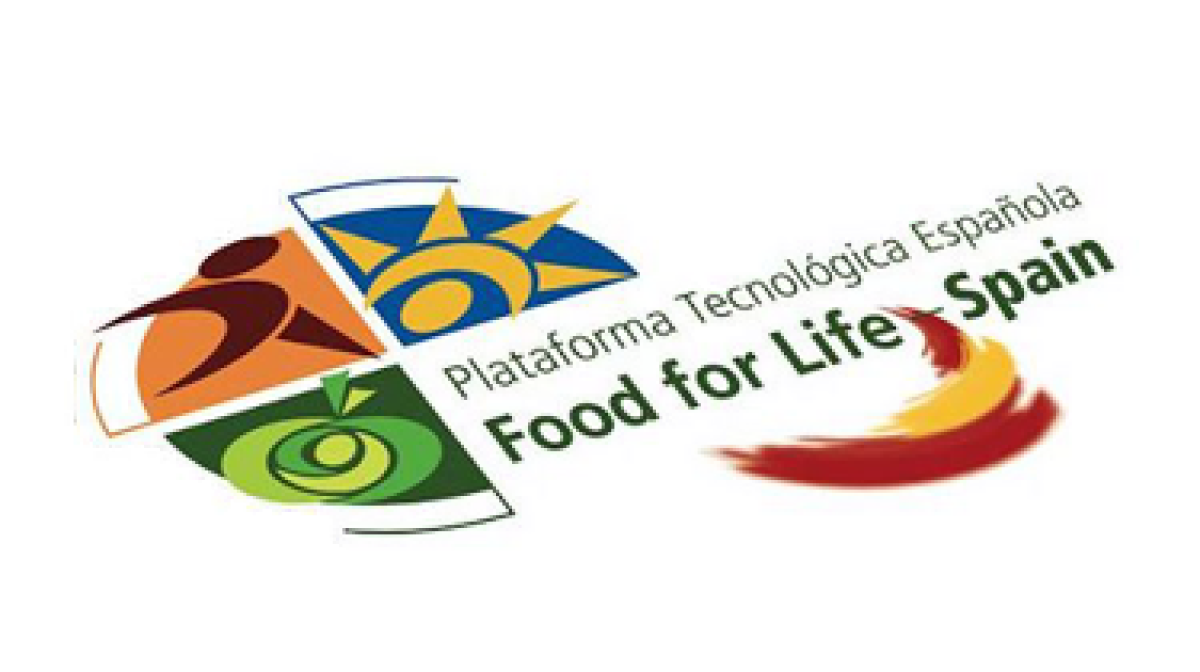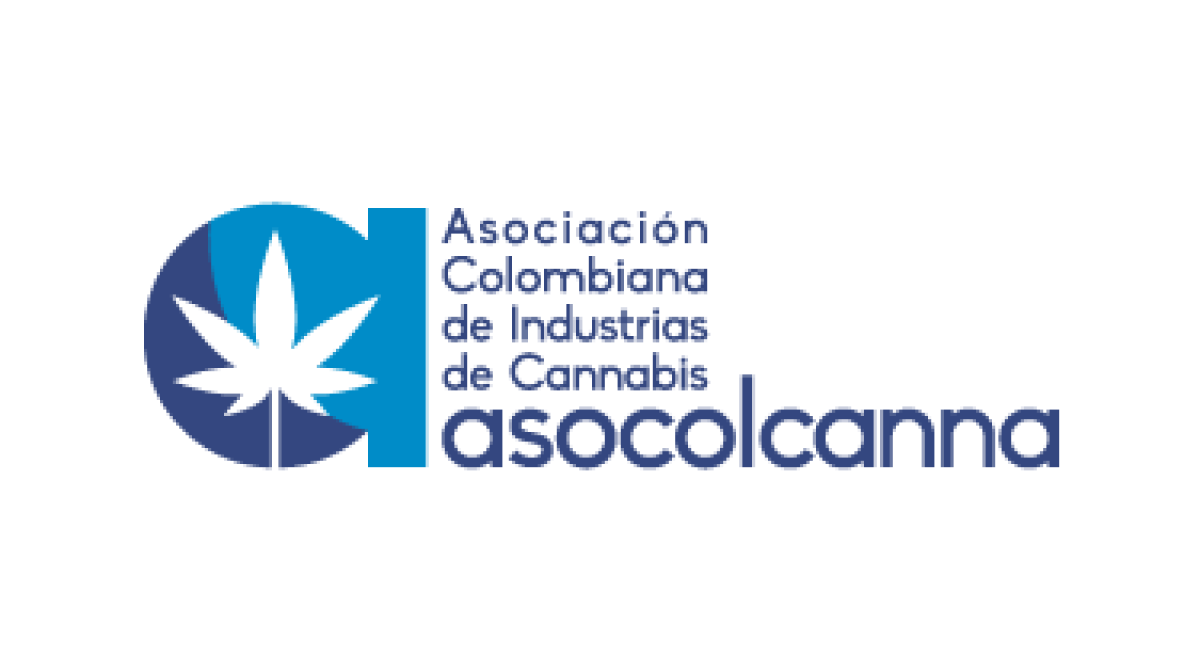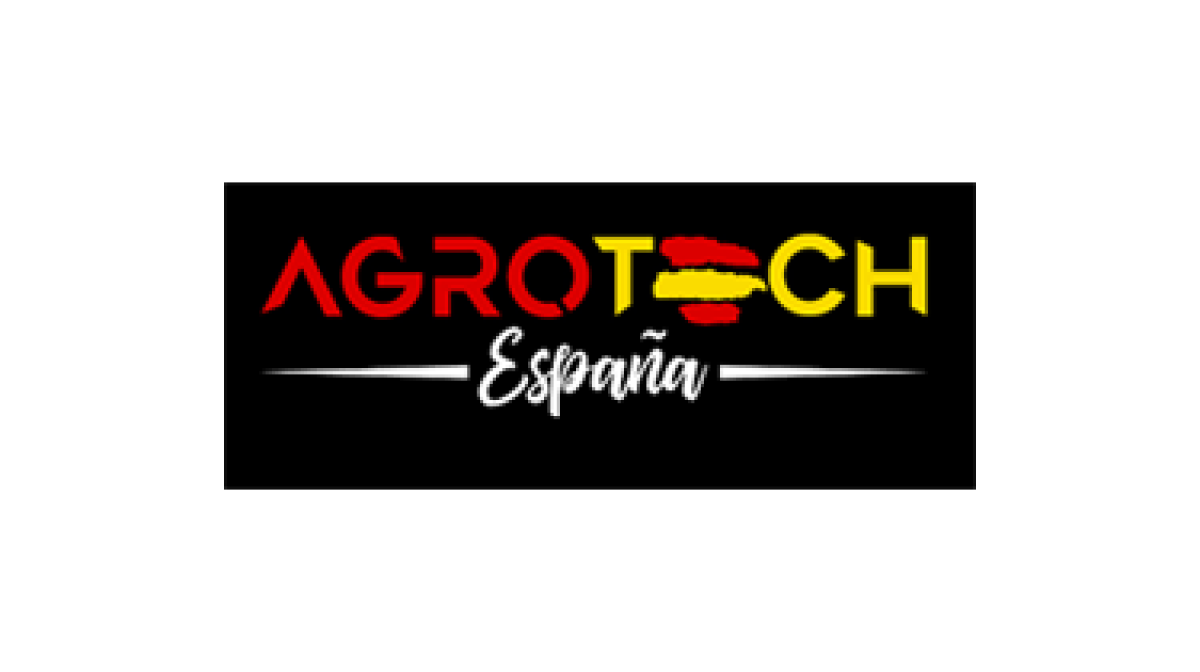es
Soluciones de valor para la transformación
digital de las empresas
Claves para tu negocio
Eficiencia, seguridad, validez legal y confianza de todos tus procesos mediante la firma electrónica avanzada y la tecnología blockchain.
Uruk
Digitaliza y simplifica tus procesos de firma y gestiones con nuestra plataforma de firma electrónica.
Carga, envía y firma digitalmente y con plena validez legal todos tus documentos de manera rápida y sencilla y la seguridad de la tecnología Blockchain.
Carga, envía y firma digitalmente y con plena validez legal todos tus documentos de manera rápida y sencilla y la seguridad de la tecnología Blockchain.

Innovación en tecnología Blockchain

Gouze
Mejoramos la transparencia, seguridad, eficiencia y trazabilidad y la confianza en los procesos generados en las distintas industrias, servicios y sectores.
Conecta, traza y asegura tus procesos a través de nuestra plataforma de trazabilidad con tecnología blockchain.
Conecta, traza y asegura tus procesos a través de nuestra plataforma de trazabilidad con tecnología blockchain.
Otras soluciones de valor para tu negocio
Blog
Partners, Asociaciones & clientes
Colaboramos y trabajamos con organizaciones comprometidas con la identidad digital y la creación de un entorno de confianza electrónica que garantice la transformación digital así como la promoción de la innovación.
Nos encantaría conocer tu opinión
¿Quieres saber más sobre alguna de nuestra soluciones? dejanos tu email y contactaremos contigo.







